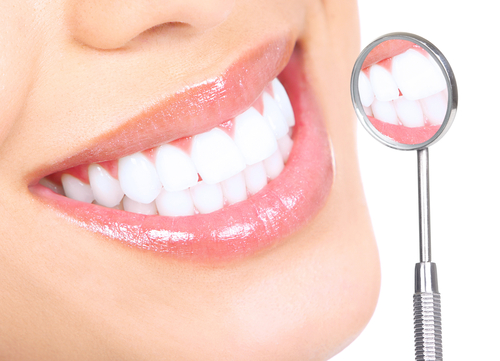Dental Health Can Impact Your Physical Well-Being

Physical Well-Being is the real experience of a get up and go and a spring in your step. It is feeling a vitality and energy glowing within your body. It is living the zip and zestiness of feeling alive and connected. Physical Well-Being starts with physical health. It promotes overall feelings of well-being. Physical being is the full body experience of energy that is cultivated as an ongoing procedure of growing and maintaining your health.
Physical Well-being is:
- Living and breathing in whole body wellness.
- The ability to physically explore what you are inspired to do
- Enjoying the pleasure of a body that’s healthy for you
- Experiencing health at whatever level of physical ability you have
Each person’s health is shaped by numerous factors, including medical care, social condition, and behavioral choices.
Maintaining good dental health is the key to a hygienic and healthy living. Numerous people don’t give equal importance to dental health as compared to general health, which leads to various dental diseases. Good dental hygiene is not only essential to healthy physical appearance, but also fundamental to the overall well-being. It is therefore very important that you develop proper habits to maintain a healthy smile.
Why is Dental Health Essential for Physical Well-Being?
Dental health can directly affect and contribute to certain health issues and diseases. Three of the most common health conditions affected by poor oral health include; endocarditis, cardiovascular disease, and diabetes.
- Endocarditis: Bacteria that form due to gum disease can enter the bloodstream during cuts and abrasions found in the mouth. This bacterium has the possible to damage the heart valve as well as the heart lining.
- Respiratory Disease: Bacteria that are found in the mouth and throat can travel to the lower respiratory tract and cause harsh infection. People with certain respiratory conditions, for example chronic obstructive pulmonary disease, have a higher chance of contracting pulmonary infection.
- Cardiovascular Disease: Some experts believe that blocked arteries, heart disease, and stroke are connected with harmful bacteria found in the mouth.
Gum Disease and Health Complications
It has been shown that there is a connection between your cardiovascular health and the health of your teeth and gums. The more advanced periodontal disease is, the greater the risk you have of experiencing a heart attack or stroke.
These studies also point to the fact that 90% of all systemic diseases have oral symptoms. These symptoms include swollen, tender gums, mouth ulcers, bleeding of the gums and even dry mouth. Diseases that include such oral symptoms for example oral and pancreatic cancer, diabetes, leukemia, and heart and kidney disease.
How can Dental Health be maintained?
There are different ways to protect oral health. The most popular methods of preserve oral health include; practicing oral hygiene techniques, consuming cariogenic foods, using fluoride and undergoing daily dental exams.
Cariogenic Foods
Certain Foods can help defend your teeth against decay. Milk and cheese both contain calcium, casein and phosphate, which all help stop demineralization and keep the teeth strong.
Regular Dental Exams
Last but not least, getting regular dental health exams is an essential issue in maintaining oral health. Detecting dental problem early is for all time beneficial. In some cases, early treatment can even get rid of the problem completely if caught on time. Getting a once-a-year deep cleaning is as well good to do, as it removes bacteria that are trapped in spaces your toothbrush cannot reach.
The best Prevention Method for Stopping Decay is:
- Brushing of your teeth, if possible with an electric toothbrush for a minimum of 2 minutes after every meal while always using fluoride toothpaste.
- Replace your toothbrush or electric brush-head every two to three months
- Always use dental tape one time a day before bedtime
- Follow a nutritious diet of high quality Balanced Diet and avoid snacking during the day particularly on carbohydrate-related foods that stick to the outer surface of teeth
- Ask your dentist about whether you should be using a fluoride supplement for example a fluoride mouthwash
- Make sure you drink fluoridated water rather than tank water or bottled water for dental protection
Never ignore signs of dental health problems such as toothache, swelling and pain around the gum, sore or inflamed gums, loose teeth, or dark spots on teeth that are likely to represent decay. You also need to realize that failure to look after your teeth is dangerous to your general health. Constant and prolonged decay can cause severe damage to bodily organs like your heart and kidneys if not treated.
In essence, you are what you eat in terms of overall physical health and this applies to your teeth as much as any other part of your physical well-being.
By : Natural Health News




